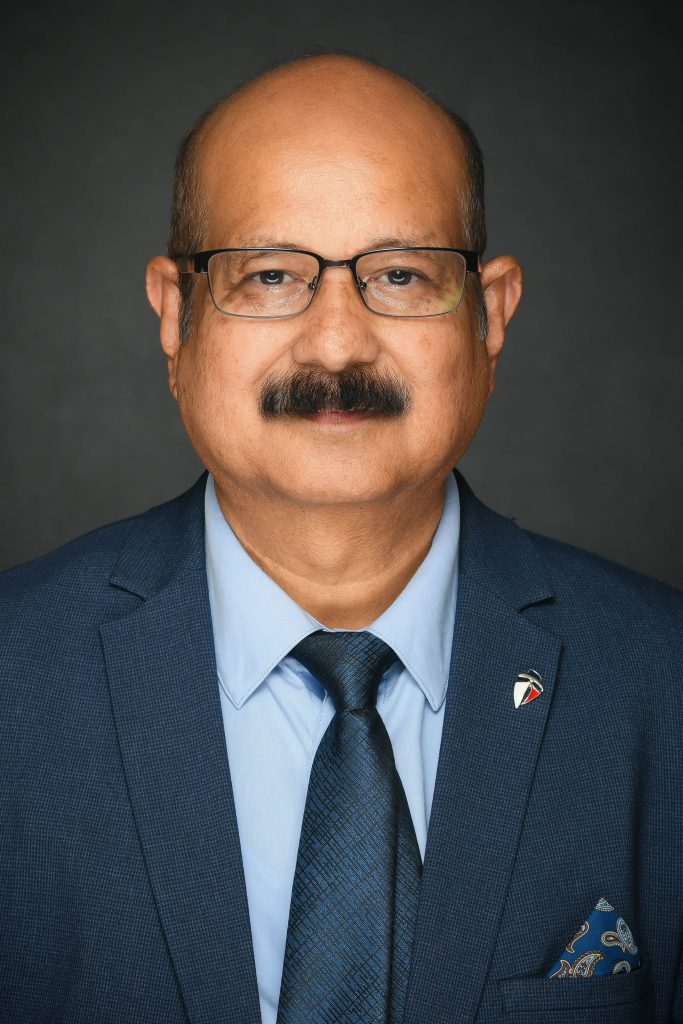Computer Science and Digital Technologies awarded $50,000 Google grant to research Post Quantum Cryptography

As part of Google’s growing efforts to support innovation in academia, the Grambling University Foundation has been awarded an unrestricted gift of $50,000 to help fund research efforts being conducted by Grambling State University Computer Science and Digital Technologies Department Head Dr. Bharat Rawal.
Specifically, the funding is to be used toward Dr. Rawal’s efforts to conduct research of post quantum cryptographic systems.
“Large quantum computers have the potential to break many cryptographic systems, e.g., Rivest-Shamir-Adleman (RSA), Diffie-Hellman key exchange, and the Elliptical Curve Cryptosystem,” Dr. Rawal said. “Researchers from academia, industries and government agencies are aware of this threat and National Institutes of Standard (NIST) is preparing a set of approved encryption and signature schemes that are not susceptible to these attacks by quantum computers, the so-called Post Quantum Cryptography (PQC). The task of substituting older encryption and signature schemes raises a number of questions, to which there are not yet clear answers.”
“The major challenge with new cryptosystems is that they involve very complex mathematics with the majority of them being lattice-based algebra. In this research project, we are interested in investigating the transition to PQC and effect on existing networks, the approved PQC schemes by (NIST), and understanding the likely path to an adaptation of PQC.”
Dr. Rawal said the benefit for GSU Computer Science and Digital Technologies students comes in the fact that the study of post quantum cryptography impact on cloud security research can have a significant impact on improving the security of cloud computing environments, which are critical for businesses and individuals alike.
“Our students and faculty will have an opportunity for hands-on experience in next-generation cryptography,” Dr. Rawal said. “This research will strengthen data privacy, reduce risks of data breaches, and increase user confidence in cloud services. This research will help GSU in developing new advanced cybersecurity courses and curriculum.”
He also said funding is very important for GSU’s Department of Computer Science and Digital Technologies and could help open new doors in the research process being conducted at the university.
“Because teaching remains a main focus and we have little support and resources for research, today’s definition of teaching at higher education institutions is not only the delivery of knowledge but also creating the knowledge,” Dr. Rawal said. “This funding will support groundbreaking research in uncovering new knowledge in the Post Quantum Cryptography (PQC) and issue of digital certificates to safeguard confidential information, give people, devices, and applications distinct digital identities, and enable secure end-to-end interactions that are governed by public key infrastructure.”

